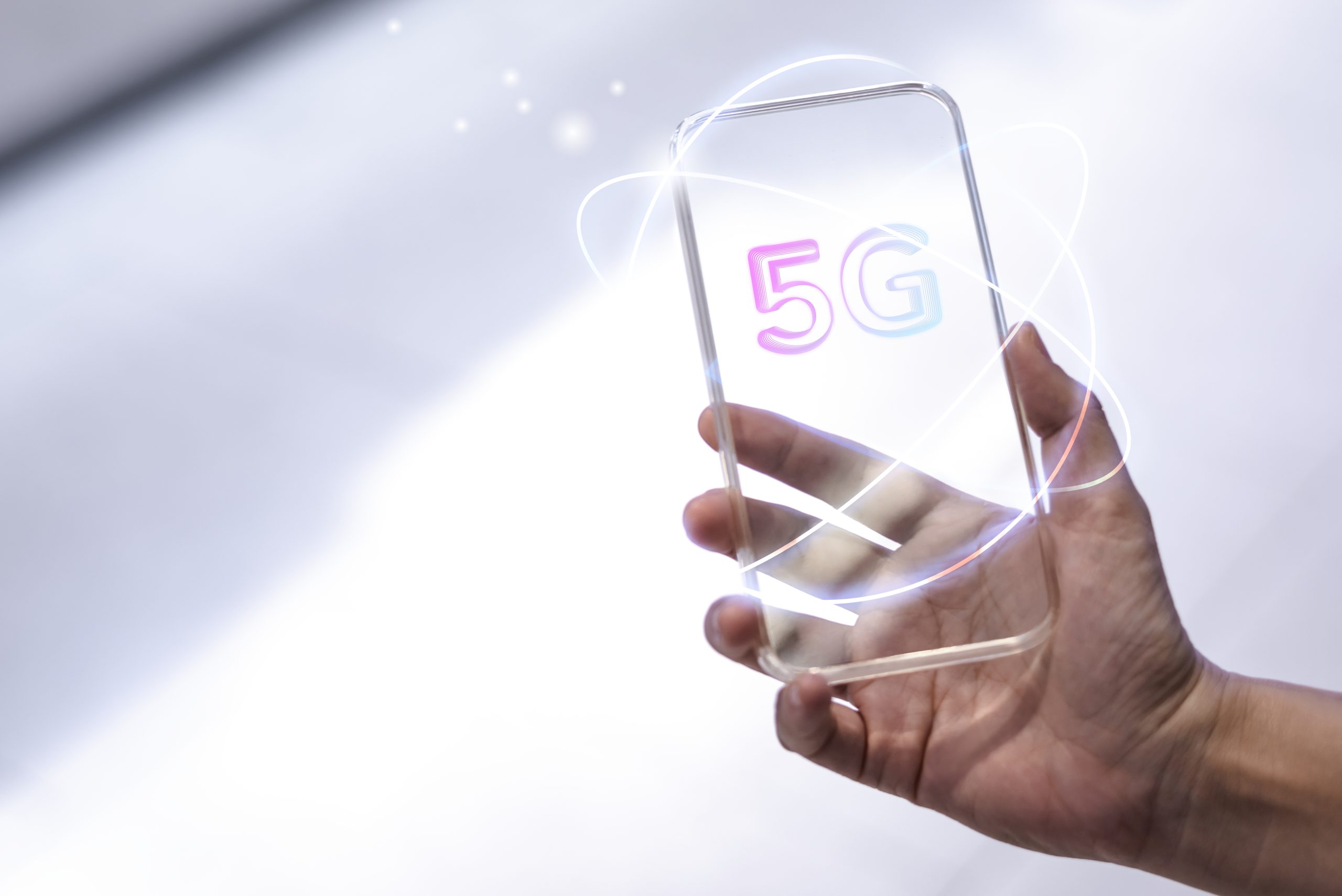With the advent of 5G networks, we are about to witness a revolutionary change in the way we connect and communicate with each other. The fifth generation of wireless technology promises to deliver ultra-fast internet speeds, improved reliability, lower latency, and greater network capacity than ever before. But what does the future hold for 5G networks, and how will they impact our daily lives? Let’s take a closer look.
What is 5G?
5G stands for fifth-generation wireless technology. It is the next step in the evolution of wireless networks, following 2G, 3G, and 4G. 5G promises to be much faster and more reliable than previous generations, with speeds that could be up to 100 times faster than 4G.
Why is 5G important?
5G is important because it will enable a wide range of new technologies and applications that were previously not possible. For example, it will support the Internet of Things (IoT) devices that require constant connectivity, such as smart homes and cities, self-driving cars, and remote healthcare. It will also improve the quality and reliability of video conferencing, online gaming, and virtual and augmented reality applications.
What are the benefits of 5G?
The benefits of 5G are numerous. Here are just a few:
- Faster speeds: 5G promises to deliver speeds of up to 20 Gbps, which is up to 100 times faster than 4G.
- Lower latency: 5G will have much lower latency than previous generations, which means that there will be less delay between sending and receiving data.
- Greater network capacity: 5G will be able to support more devices and more data than previous generations, which means that there will be less congestion on the network.
- Improved reliability: 5G will be more reliable than previous generations, which means that there will be fewer dropped calls and lost connections.
What does the future hold for 5G?
The future of 5G is bright. As the technology evolves, we can expect to see even more advanced features and capabilities. For example, 5G will enable the widespread adoption of autonomous vehicles, which will be able to communicate with each other and with traffic management systems in real-time. It will also enable the development of smart cities, where everything from traffic lights to waste management systems will be connected and able to communicate with each other.
What does 5G mean for you?
For the average person, 5G will mean faster and more reliable internet speeds, which will enable smoother streaming of videos and music, as well as faster downloads and uploads. It will also mean that you will be able to connect more devices to the internet without experiencing any slowdowns. Additionally, as more devices become connected to the internet, you can expect to see more innovative products and services being developed, such as smart homes and wearable technology.
In conclusion, 5G is the future of wireless technology, and it promises to revolutionize the way we connect and communicate with each other. While there are still some challenges to overcome, such as the cost of implementing 5G networks and the potential for cybersecurity risks, the benefits of 5G are undeniable. As the technology evolves, we can expect to see even more advanced features and capabilities that will continue to improve our lives in ways we cannot yet imagine.




